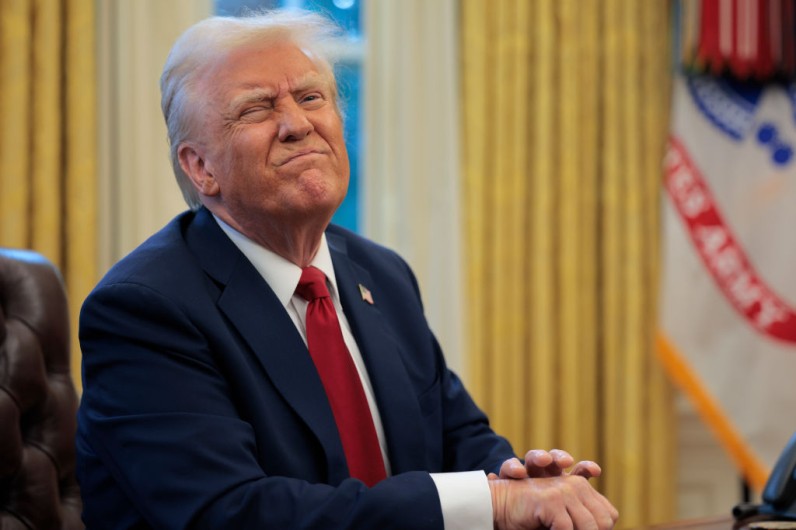
On Feb. 28, Americans are planning to halt all non-essential spending for 24 hours in what is being called the "Economic Blackout."
The protest, organized by The People's Union USA, aims to push back against major corporations that have rolled back diversity, equity, and inclusion (DEI) policies following President Donald Trump's recent executive orders.
Early in his presidency, Trump issued an executive order eliminating federal DEI programs and allowing funds to be frozen for companies that do not comply. As a result, PBS shut down its DEI office, and corporations such as Amazon, Walmart, and Best Buy have begun scaling back their diversity initiatives.
In response, The People's Union USA is calling on consumers to refrain from spending at major retailers, gas stations, and fast-food chains for one day.
"If we disrupt the economy for just ONE day, it sends a powerful message," the organization stated on its website, per Newsweek.
Who is Affected?
The Economic Blackout is specifically targeting major corporations, including:
- Amazon
- Walmart
- Best Buy
- Fast food chains
- Gas stations
While the blackout focuses on discretionary spending, The People's Union encourages participants to support local small businesses if they must make purchases.
What Happens Next?
If the February 28 blackout gains momentum, it could spark future consumer-led movements targeting corporate policies. The People's Union USA has stated that while this is currently a one-day event, the possibility of extending the blackout remains open if companies do not address their concerns, said USA Today.
The group emphasizes that this is not just a boycott but a movement aimed at reclaiming economic influence from corporations and policymakers.







Join the Conversation